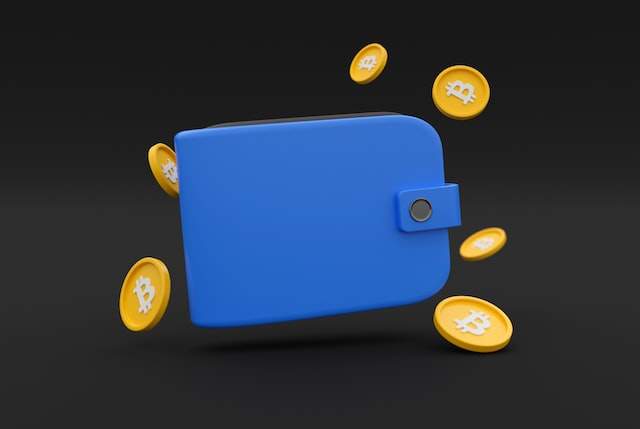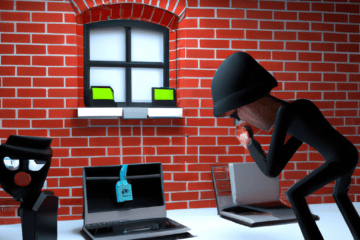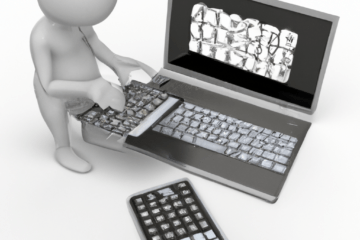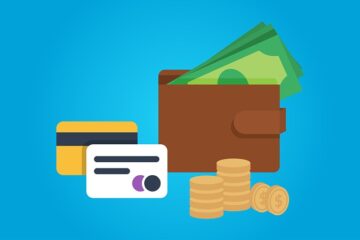Cryptocurrencies have become increasingly popular over the years, with many individuals and businesses using them for transactions and investments. While the benefits of cryptocurrencies are undeniable, the risk of theft and hacking is also a concern. This is where crypto wallet security comes in. In this blog, we will discuss the best practices for securing your crypto wallet.
What is a Crypto Wallet?

A crypto wallet is a digital wallet that stores cryptocurrencies. It is used to send, receive, and manage digital assets. There are various types of crypto wallets, including hot wallets, cold wallets, paper wallets, and hardware wallets. Each type of wallet has its own security features and vulnerabilities.
Best Practices for Crypto Wallet Security
Choose the Right Type of Wallet
Before you start using a crypto wallet, it’s essential to understand the different types of wallets available and their security features. Hot wallets, which are connected to the internet, are convenient but less secure than cold wallets, which are not connected to the internet. Hardware wallets, which are small devices that store your private keys, are the most secure option.
Use Strong Passwords
Just like with any other account, using a strong password is critical for your crypto wallet security. Avoid using common words or phrases and use a combination of uppercase and lowercase letters, numbers, and symbols. You can also use a password manager to generate and store secure passwords.
Enable Two-Factor Authentication (2FA)
Two-factor authentication (2FA) adds an extra layer of security to your crypto wallet. It requires you to enter a code sent to your phone or email to access your account. This prevents unauthorized access, even if someone has your password.
Backup Your Wallet
Backing up your wallet is crucial in case your device is lost, stolen, or damaged. Most wallets have a backup feature that allows you to restore your wallet with a seed phrase or recovery phrase. Make sure to store the seed phrase in a safe place, such as a safe or a secure password manager.
Keep Your Wallet Software Up-to-Date
Wallet software is regularly updated to fix bugs, add new features, and improve security. Keeping your wallet software up-to-date ensures that you have the latest security patches and reduces the risk of hacking.
Don’t Share Your Private Keys
Your private keys are the most critical part of your crypto wallet. They are used to access and manage your digital assets. Never share your private keys with anyone, and keep them secure at all times.
Be Careful with Public Wi-Fi
Public Wi-Fi is not secure, and it’s easy for hackers to intercept your data. Avoid using public Wi-Fi when accessing your crypto wallet, as this can compromise your security. Instead, use a secure internet connection, such as a personal hotspot or a wired connection.
Use a Firewall and Antivirus Software
Firewalls and antivirus software can protect your device from malware and viruses that can compromise your crypto wallet security. Make sure to use reputable and up-to-date software to protect your device.
Conclusion
Crypto wallet security is crucial for anyone using cryptocurrencies. Following these best practices can help protect your digital assets and reduce the risk of theft and hacking. Remember to choose the right type of wallet, use strong passwords and two-factor authentication, backup your wallet, keep your software up-to-date, and be cautious with public Wi-Fi. By following these guidelines, you can secure your crypto wallet and invest in cryptocurrencies with peace of mind.


